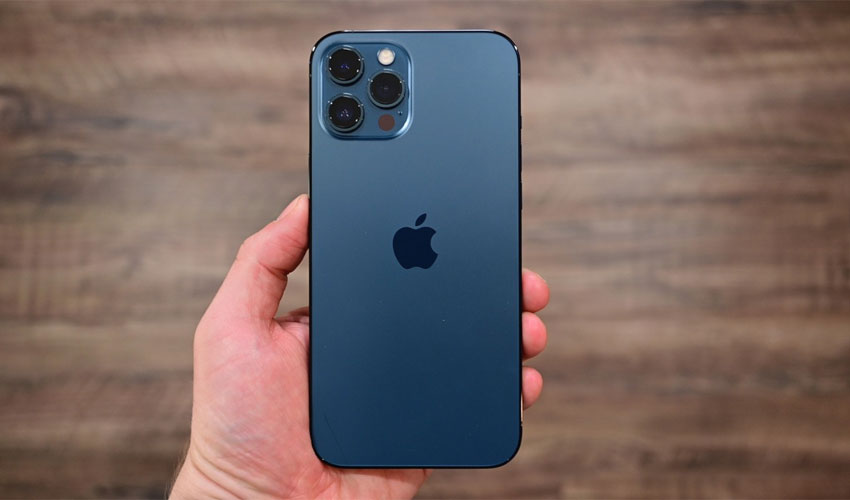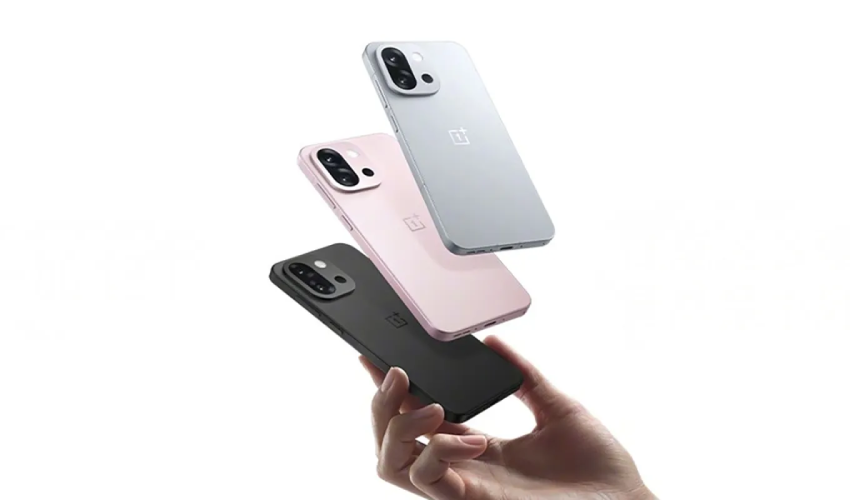France has taken the unprecedented step of ordering Apple to cease sales of the iPhone 12 due to concerns over excessive electromagnetic radiation emissions.
The French watchdog overseeing radio frequencies, ANFR (Agence Nationale des fréquences), has also demanded that Apple address the issue in existing iPhones.
ANFR has communicated to Apple that if the issue cannot be resolved through a software update, the tech giant must recall all iPhone 12 devices sold in France.
The World Health Organization (WHO) has previously attempted to allay concerns about radiation from mobile phones, asserting on its website that there is no evidence to suggest that exposure to low-level electromagnetic fields is harmful to humans.
The iPhone 12, initially released in September 2020, is still sold globally. Apple has informed the BBC that it is contesting ANFR's findings and has supplied the regulator with lab results from both Apple and third-party sources, all of which indicate that the iPhone 12 complies with relevant regulations governing radiation levels.
France's Digital Minister Jean-Noel Barrot explained to French newspaper Le Parisien that the decision was based on radiation levels exceeding acceptable thresholds, as per reports.
He noted that ANFR found the iPhone 12's Specific Absorption Rate (SAR) to be above the legally allowed limit.
Apple has been given a two-week deadline to respond. If the company fails to address the concerns, a recall of all iPhone 12 units in circulation may be ordered.
Minister Barrot emphasized that the same rules apply to digital giants like Apple, and France intends to share its findings with other regulators in the European Union, potentially leading to a wider impact.
ANFR assesses SAR based on two usage scenarios: when a phone is in close contact with the body (such as when held or placed in a pocket) and when it is at a slight distance (as in a bag or jacket pocket).
The iPhone 12 exceeded the SAR limit of four watts per kilogram for close contact but was below the threshold for the latter scenario.
Coincidentally, this development unfolded on the same day that Apple unveiled its new iPhone 15, featuring an alternative charging port and an adapter for users with existing cables.
In response to media reports suggesting Chinese government agencies had instructed staff to stop using iPhones, China's foreign ministry clarified that there were no laws, regulations, or policies in place prohibiting the use of Apple products.



























